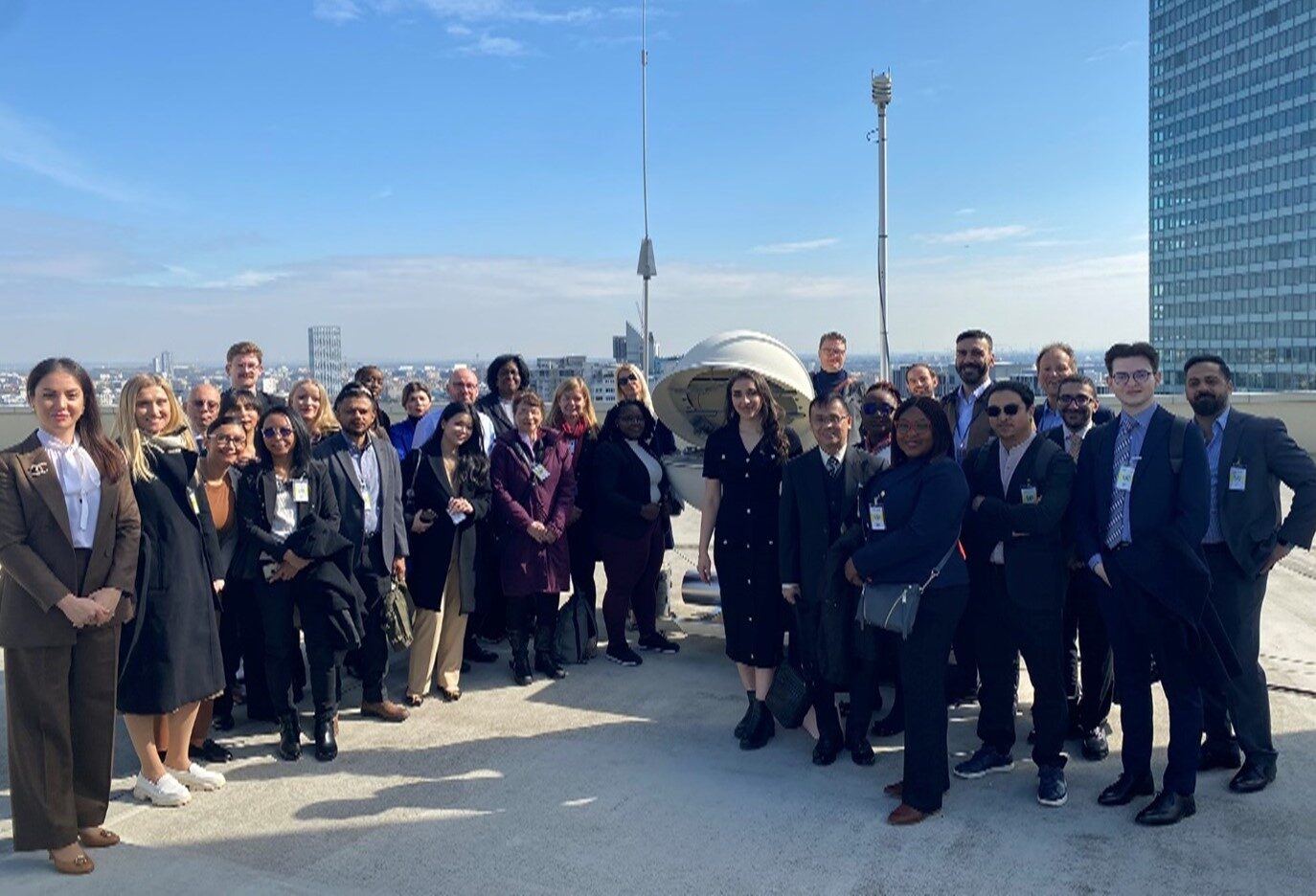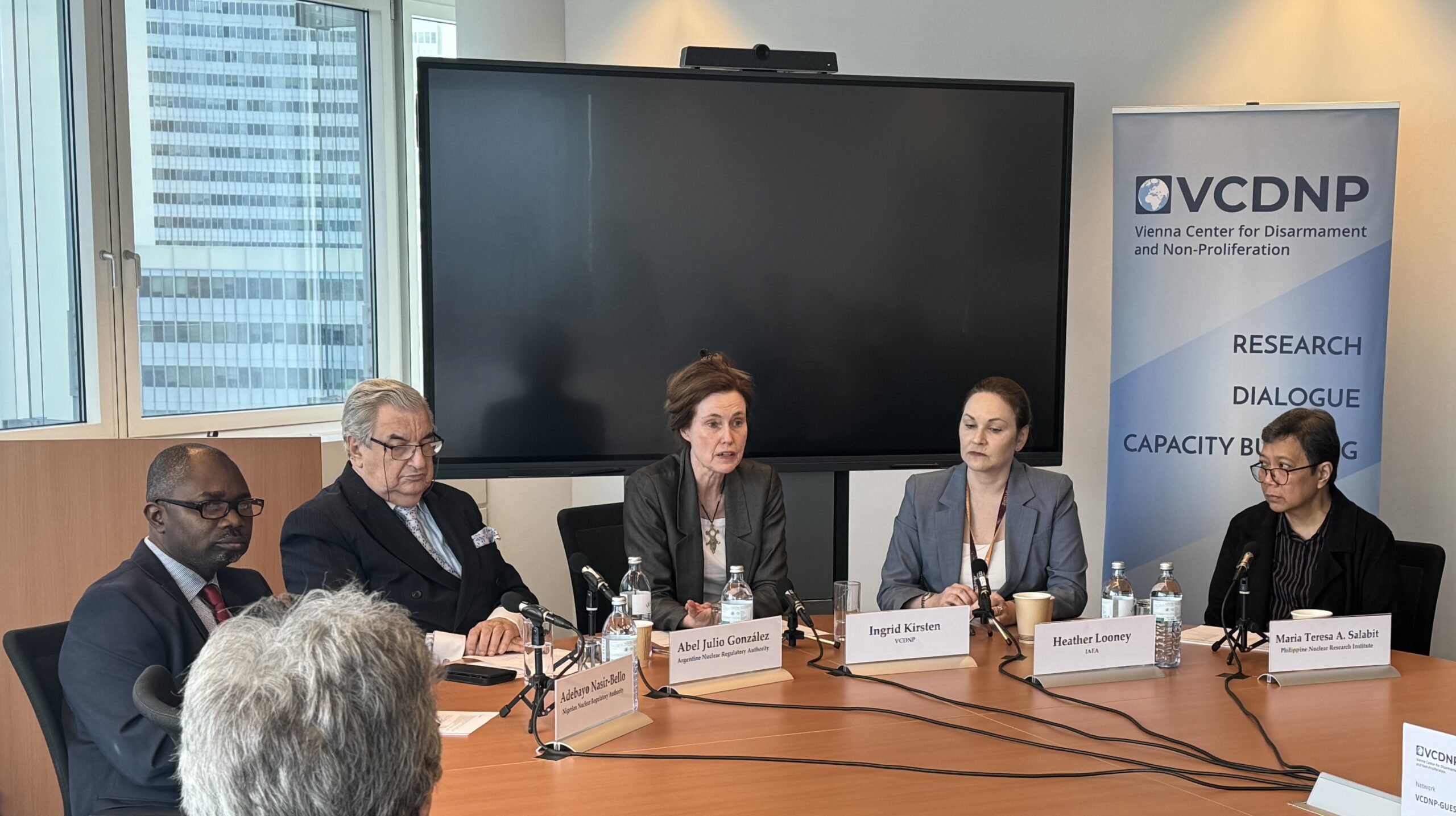

The risks posed by nuclear weapons are now compounded by a host of emerging technologies that undermine the traditional foundations of nuclear deterrence, arms control, and nuclear crisis management. In a new essay published by New Perspectives, VCDNP Executive Director Elena Sokova considers these issues, as well as the contentious political environment that surrounds them.
In an era when the existing arms control framework is disintegrating at an accelerating pace and when relations between two key founders of that framework, the United States and Russia, reach a new low nearly every day, international security increasingly rests on unilateral decisions about deterrence while research and procurement of new arms increasingly are shaping as an arms race.
Against this backdrop, a number of emerging technologies may further exacerbate dangers associated with nuclear weapons and trigger escalation transforming political conflict into a nuclear one. These technologies include but are not limited to artificial intelligence (AI), quantum computing, drones, cyber technologies, hypersonic missiles and robotics. In particular, Ms. Sokova draws attention to the threats posed by offensive cyber capabilities, AI and quantum technology.
In conclusion, Ms. Sokova observed that the effects of all technologies on the global landscape depend on how they are used. AI, for example, could pose the threats mentioned above, but it could also improve confidence in nuclear verification and arms control. Much will depend on how leading military powers perceive their uses and whether they are able to engage in a constructive dialogue emphasizing their positive opportunities and mitigating their negative consequences.

